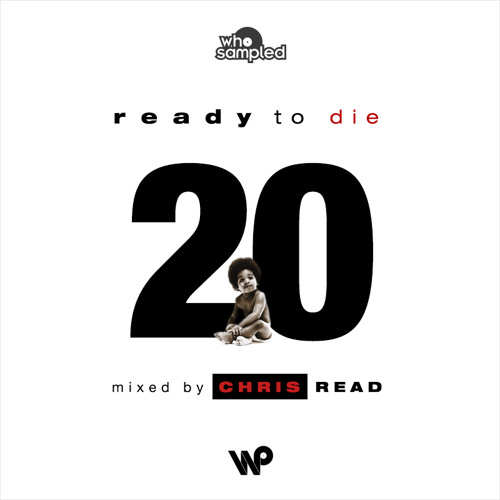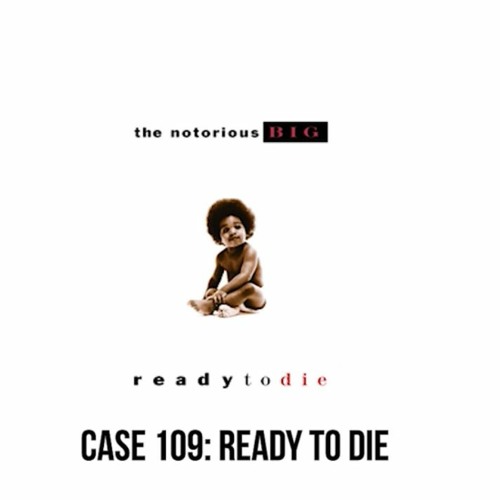

Nonetheless, he did add the qualifier "if it needs be". He felt that he was likely to be sentenced to death regardless of his statement so that saying what he truly felt this would be the best option. Mandela's lawyers urged him to leave out the final statement, lest it provokes the judge sentencing him to death, but Mandela refused.

He was particularly interested in making the speech appeal to an international audience, inspiring international support for the ANC cause. In writing the speech, Mandela was inspired by Fidel Castro's famous " History Will Absolve Me" defence speech. Mandela worked on the speech for weeks before the trial, receiving help in editing and polishing it from author Nadine Gordimer and journalist Anthony Sampson. They also sought to show the political and moral programme of the ANC.

īefore the trial, Mandela and the other defendants decided that instead of testifying as witnesses and submitting to cross-examination he would make a speech from the dock to put the state on trial, by pointing out the injustices of the South African society and its legal system. All defendants pleaded not guilty to the charges. The prosecutor Percy Yutar did not explicitly move for the death penalty, but it was generally believed that that was what the state wanted. That included charges of recruiting persons to undertake guerrilla warfare against the South African state, conspiring to aid foreign military against the republic, and furthering acts of communism. Along with Mandela, who had been arrested in August 1962 and was serving a five-year sentence, they were accused of counts of sabotage, furthering communism and aiding foreign powers. In July 1963, ten African National Congress (ANC) leaders were arrested in Rivonia, a suburb of Johannesburg.


 0 kommentar(er)
0 kommentar(er)
